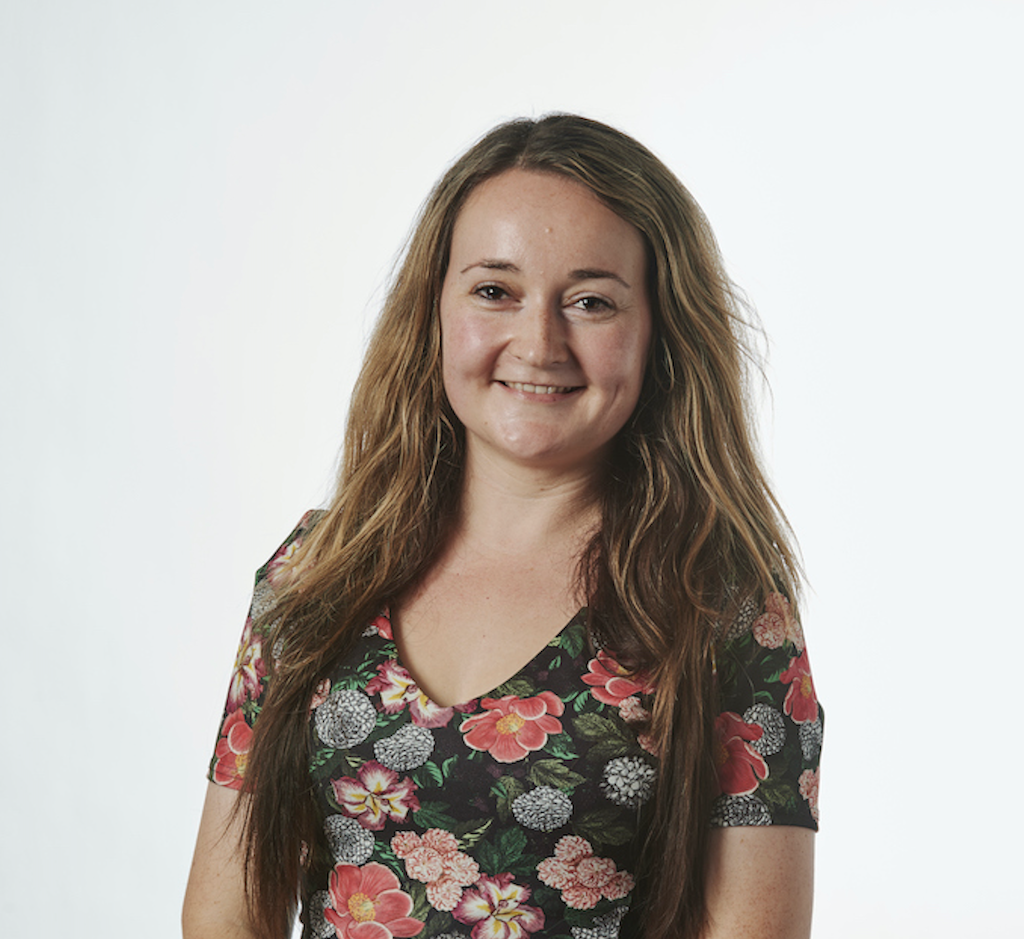Wales, UK: Latest updates on Coronavirus
The country's health boards report 9,629 cases and 886 deaths.

Get the world’s most fascinating discoveries delivered straight to your inbox.
You are now subscribed
Your newsletter sign-up was successful
Want to add more newsletters?

Delivered Daily
Daily Newsletter
Sign up for the latest discoveries, groundbreaking research and fascinating breakthroughs that impact you and the wider world direct to your inbox.

Once a week
Life's Little Mysteries
Feed your curiosity with an exclusive mystery every week, solved with science and delivered direct to your inbox before it's seen anywhere else.

Once a week
How It Works
Sign up to our free science & technology newsletter for your weekly fix of fascinating articles, quick quizzes, amazing images, and more

Delivered daily
Space.com Newsletter
Breaking space news, the latest updates on rocket launches, skywatching events and more!

Once a month
Watch This Space
Sign up to our monthly entertainment newsletter to keep up with all our coverage of the latest sci-fi and space movies, tv shows, games and books.

Once a week
Night Sky This Week
Discover this week's must-see night sky events, moon phases, and stunning astrophotos. Sign up for our skywatching newsletter and explore the universe with us!
Join the club
Get full access to premium articles, exclusive features and a growing list of member rewards.
Last updated April 29 at 17:05 p.m. BST
Health boards across Wales have reported a total of 9,629 cases of coronavirus (COVID-19) and a death toll of 886, according to data from geographic information system, ArcGIS. U.K. coronavirus cases have topped 161,145 while at least 21,678 people who have tested positive for COVID-19 in the United Kingdom have died.
The newly discovered virus, which causes fever, tiredness and a dry persistent cough, according to the World Health Organization (WHO), is now circulating in all of the country’s eight counties, with 79 of the 9,629 cases yet to be confirmed.
"The single most important action we can all take in fighting coronavirus is to stay at home in order to protect the National Health Service (NHS)," Robin Howe, Incident Director at Public Health Wales said in a statement on April 1. "People no longer need to contact [the NHS on hotline 111 from the United Kingdom] if they think they may have contracted novel coronavirus (COVID-19)," Howe said.
Anyone who suspects that they have caught the virus has been advised to avoid visiting their GP surgery, hospital or pharmacy. Only if coronavirus symptoms become unmanageable, worsen or do not get better after seven days should the hotline be called, Howe said.
In an effort to stamp out the virus and to stop the NHS from collapsing under pressure, British Prime Minister Boris Johnson — who tested positive for COVID-19 on March 27 — issued a televised “stay-at-home” order on March 24, which bans citizens from leaving their homes unless absolutely essential. The four limited purposes for venturing outside are: doing one form of exercise a day either on your own or with household family members, traveling to or from work if vital, providing medical services or shopping for basic necessities.
"You should not be meeting friends [and] you should not be meeting family members who do not live in your home," Johnson said in the statement.
Get the world’s most fascinating discoveries delivered straight to your inbox.
The lockdown, which could run into May or June, echoes the restrictions imposed on Britain during World War II, and sees the closure of non-essential shops, gyms and places of worship. Social events, which violate the rules of social distancing, such as weddings and christenings, have also been postponed. Johnson, however, has allowed for funerals to take place.
"Without a huge national effort to halt the growth of this virus, there will come a moment when no health service in the world could possibly cope. There won’t be enough ventilators, enough intensive care beds, enough doctors and nurses," Johnson said.
Meanwhile, researchers at the University of Oxford’s Jenner Institute and Vaccine Group have begun recruiting 510 healthy 18-55 year-old volunteers for an upcoming coronavirus vaccine trial.
The university’s announcement on their Twitter account states the trial is a "crucial step" in the fight against the virus, which makes use of adenovirus cells derived from chimpanzees. Adenoviruses are common viruses that can cause mild to severe illnesses, including cold-like symptoms, sore throat, pneumonia, conjunctivitis and fever, according to the Centers for Disease Control and Prevention (CDC).
"A chimpanzee adenovirus vaccine vector (ChAdOx1) was chosen as the most suitable vaccine technology for a [COVID-19] vaccine as it can generate a strong immune response from one dose and it is not a replicating virus, so it cannot cause an ongoing infection in the vaccinated individual," Oxford University said in an online statement.
"This also makes it safer to give to children, the elderly and anyone with a pre-existing condition such as diabetes. Chimpanzee adenoviral vectors are a very well-studied vaccine type, having been used safely in thousands of subjects, from one week to 90 years of age, in vaccines targeting over ten different diseases," the researchers said.
National Health Service (NHS) COVID-19 hotline: 111
For life-threatening emergencies: 999
Cases by county:
- Blaenau Gwent: 270
- Caerphilly: 582
- Monmouthshire: 233
- Newport: 679
- Torfaen: 295
- Anglesey: 80
- Conwy: 206
- Denbighshire: 241
- Flintshire: 221
- Gwynedd: 218
- Wrexham: 230
- Cardiff: 1,653
- Vale of Glamorgan: 507
- Bridgend: 388
- Merthyr Tydfil: 239
- Rhondda Cynon Taf: 1,060
- Carmarthenshire: 456
- Ceredigion: 35
- Pembrokeshire: 206
- Powys: 166
- Neath Port Talbot: 483
- Swansea: 1,019
- Unknown location: 79
- Residents outside Wales: 83
- Total: 9,629
OFFER: Save 45% on 'How It Works' 'All About Space' and 'All About History'!
For a limited time, you can take out a digital subscription to any of our best-selling science magazines for just $2.38 per month, or 45% off the standard price for the first three months.

Gemma was the former content director of Live Science, Space.com, science and space magazines How It Works and All About Space, history magazines All About History and History of War. She is the author of several books including "Quantum Physics in Minutes", "Haynes Owners’ Workshop Manual to the Large Hadron Collider" and "Haynes Owners’ Workshop Manual to the Milky Way". She holds a degree in physical sciences, a master’s in astrophysics and a PhD in computational astrophysics.
 Live Science Plus
Live Science Plus











